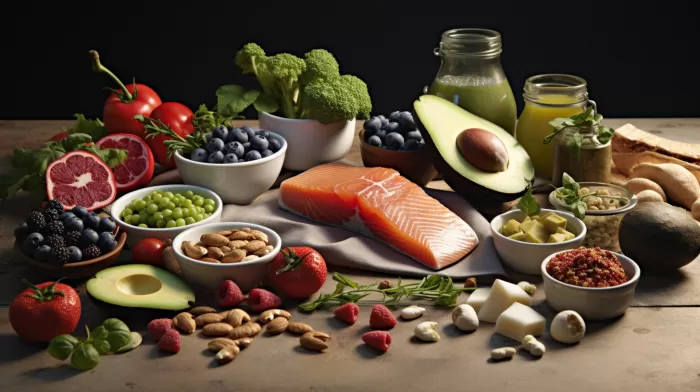Did you know that your immune system can misbehave, making you more likely to develop heart diseases and diabetes? The good news is that there’s a simple way to combat this: eat less.
Researchers at the University of Wisconsin-Madison discovered that consuming too many calories can cause problems in the hypothalamus, a part of the brain responsible for keeping the body’s energy supply in balance. When the hypothalamus malfunctions, it can lead to inflammation in several organs, endangering your overall health.
Immune System Issues and a Mysterious Protein
One of the culprits behind these health problems is a protein called IKKß/NF-κB. While the hypothalamus doesn’t generally interact with this protein, in today’s overeating society, it seems that it is being stimulated, leading to inflammation.
Dongsheng Cai, the lead researcher, suggests that IKKß/NF-κB might have played a role in innate immunity – the body’s first line of defense against infectious diseases – centuries ago. Nowadays, this innate immunity is threatened by “overnutrition.” Regular overeating can cause this protein to lead to a range of dysfunctions, such as resistance to insulin and leptin.
Breaking the Vicious Cycle
Belly fat is known for releasing chemicals that increase inflammation in your body, making you more prone to cardiovascular diseases and type 2 diabetes. This study shows that overeating also leads to inflammation, even before the extra weight is visible. To disrupt this vicious cycle, start by eating less.
Here are two tips to help you feel more satisfied with less food:
- Eat your carbs in the form of fruits and vegetables: High-fiber foods like fruits and vegetables can help you feel fuller faster. Avoid foods sweetened with high fructose corn syrup; studies have shown that the fructose in processed foods can make you feel hungrier compared to natural sugars.
-
Eat protein with healthy fats first: Protein and fat can signal hunger hormones in your brain, letting you know that you have enough nutrients and are full. Eating foods rich in protein and healthy fats can keep you satisfied longer, which is why you can stay full for longer periods.
By incorporating these tips into your daily life and taking control of your eating habits, you’ll be on your way to better health and ultimately, better overall wellness.



